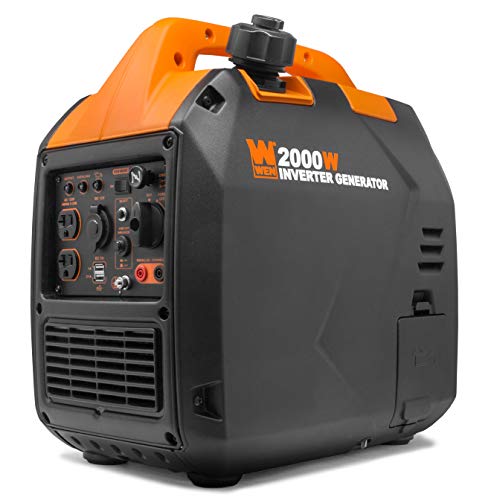Having a generator at home will help provide you with electricity all year round, especially during unexpected blackouts and power shortages. However, it's important to note that generators are still machines with set limits. As such, they can ruin devices and cause light bulbs to break due to improper handling. That's why we did thorough research on the matter.
The reason that's causing your generator to blow up light bulbs and destroy appliances is due to overloading. This happens when you connect too many appliances/devices to your generator simultaneously. To help resolve this issue, these are the steps:
- Switch The Generator Off
- Remove All Connected Electrical Devices/Appliances
- Determine Whether It's An Overloading Issue Or Not
- Restart The Generator
- Reconnect The Electrical Devices/Appliances
This article will give a more in-depth explanation of the problem at hand and how to deal with it. We will also talk about the signs you must be aware of when dealing with an overloaded generator. So, be sure to continue reading to find out more.
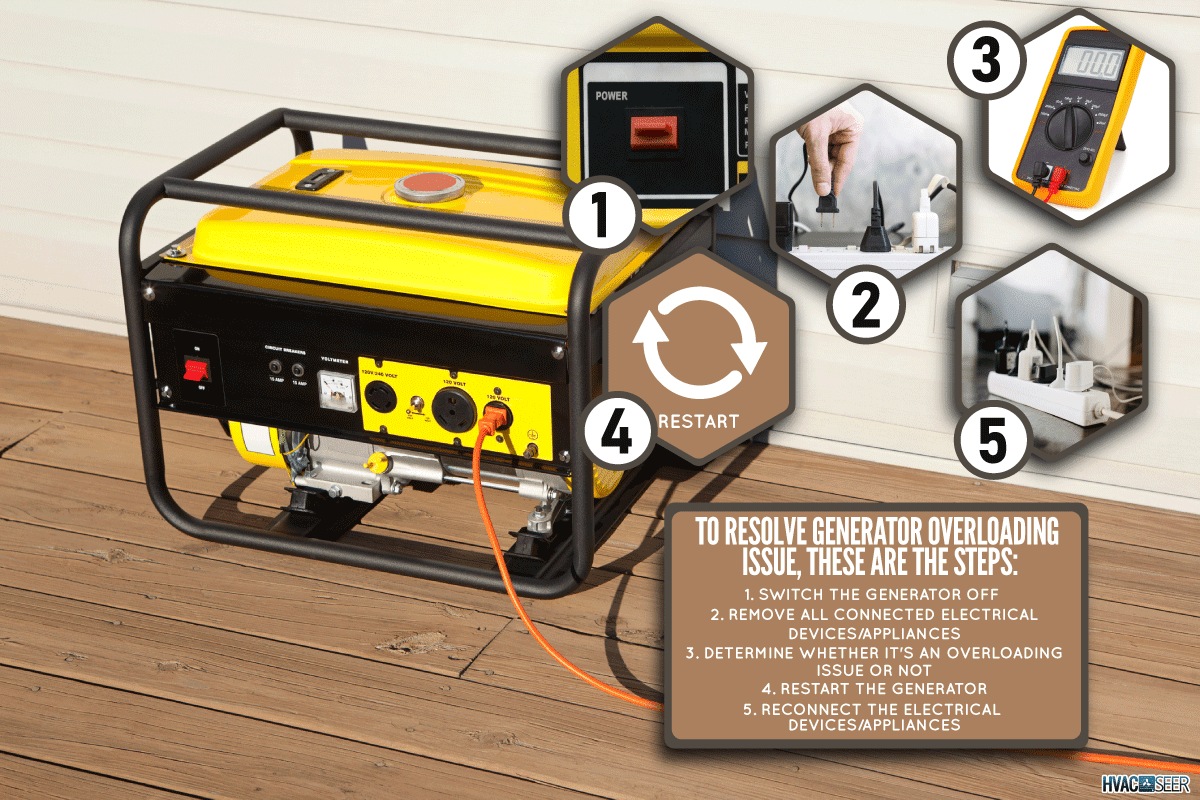
Why Is The Generator Blowing Light Bulbs And Ruining Different Appliances?
If you ever own or used a generator at some point in your life, then you understand how helpful it is and how easy it is to use. However, many homeowners often make the mistake of giving their generators at home more work than they're capable of. When that happens, the generator exerts more effort than usual, causing it to overload.
What this means is that all the electrical appliances connected to your generator greatly exceed their wattage limit. As a result, it's unable to provide enough power to those devices, causing an electrical surge.
When that happens, the generator is trying to overcompensate for the lack of power it's able to put out consistently, and it ends up ruining the appliance connected to it.
As a result, light bulbs connected to it can burn out or even blow. The circuit boards of various electrical appliances can short-circuit, leading them to be ruined. And the generator itself will break in the end.
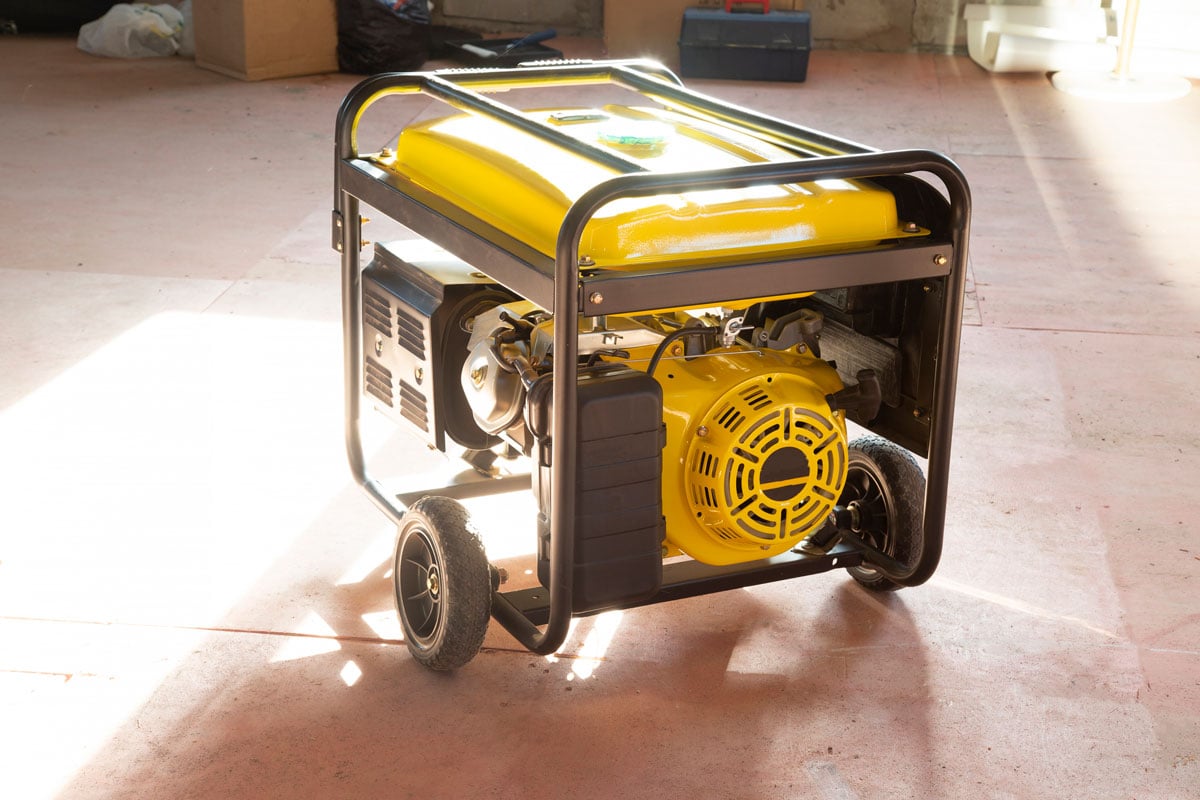
How To Fix A Generator That's Overloading?
In this section, we will detail to you the steps when it comes to fixing an overloading generator. Please be mindful when handling this issue and always refer to the generator's manual in times of need, as not all generators function the same way.
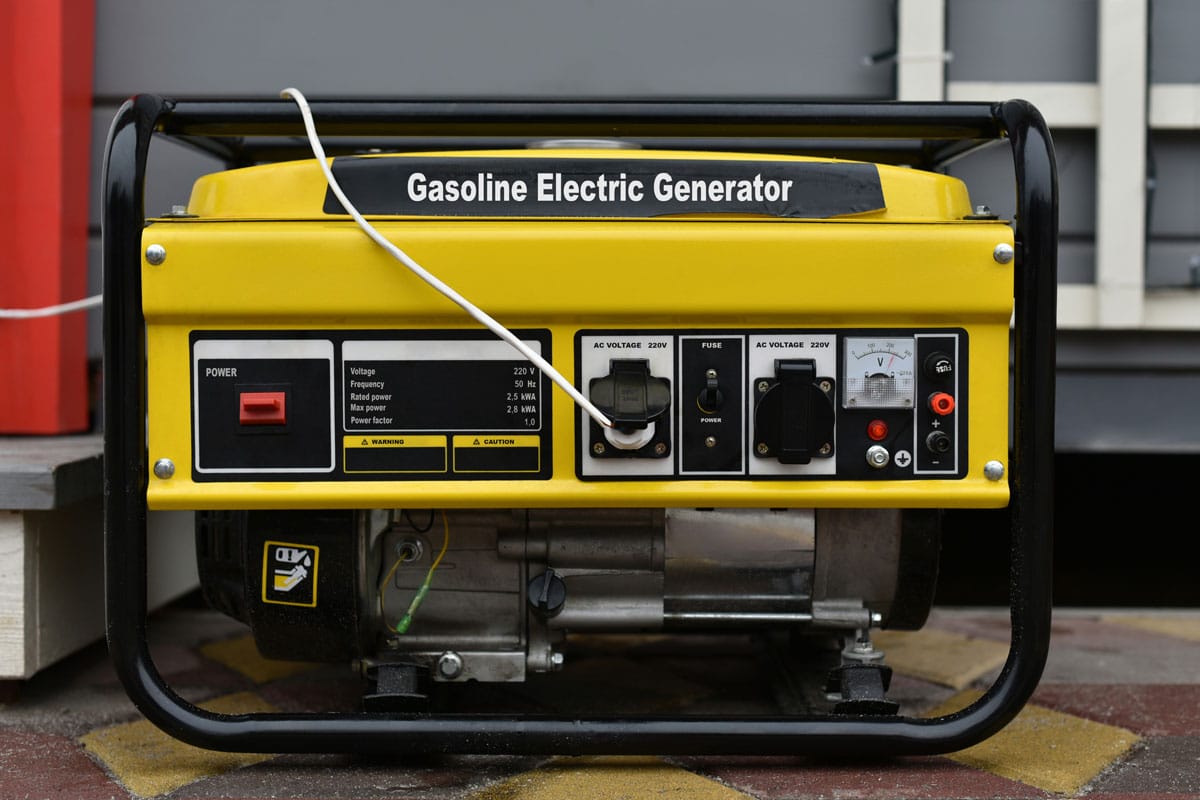
Switch The Generator Off
When you notice something wrong with your generator, turn it off immediately. This is to prevent any unwanted scenarios from happening, like fires or your electrical devices malfunctioning.
Additionally, if you notice that the generator turned off on its own, check whether other parts need shutting down. Afterward, let the whole machine cool down before inspecting it to see what could be the problem.
Remove All Connected Electrical Devices/Appliances
Next, remove all connected devices and appliances from the generator. Note down each one, so you have a list of appliances and devices to check afterward.
In doing this step, you're also removing the primary burden of the generator that you suspect is overloading. Also, check each one for any damages they could have sustained from overloading.
Determine Whether It's An Overloading Issue Or Not
The next step is to check how much total wattage all the appliances and devices have combined. Every generator has a load capacity to it, so trying to figure out whether or not you exceeded that number is important.
Normally, there's a wattage limit that is on the generator itself. If there's none, refer to the manual that comes with the generator. Additionally, you want to check the combined running wattage of the appliances, not their starting watts. This is to check whether or not the issue is due to an overload. If everything is well below the generator's load capacity, there's another issue.
Check this power monitor on Amazon.
Restart The Generator
After checking if the issue was indeed due to an overload, you can now start to restart the generator. Check for how to reset the generator on the user manual, as such products have different steps to it, depending on their manufacturer.
Usually, you will need to hold the power button to reset the machine. In some generators, there's a reset button already included. Make sure to keep the generator utterly free from electrical devices/appliances when restarting.
Reconnect The Electrical Devices/Appliances
Once the generator is up and running again, you can start reconnecting the electrical devices/appliances back to it again. Make sure not to exceed the generator's load capacity when doing so.
Your generator should start working at an optimal condition once again at this point. If the symptoms persist, you're probably exceeding the generator's load capacity again. But if not, then the issue probably lies with the generator itself.
Your generator can suffer heavy damage due to overloading. If that's the case, you'll want to call a licensed professional to take a look at your machine.
What Are The Signs Of Overloading In A Generator?
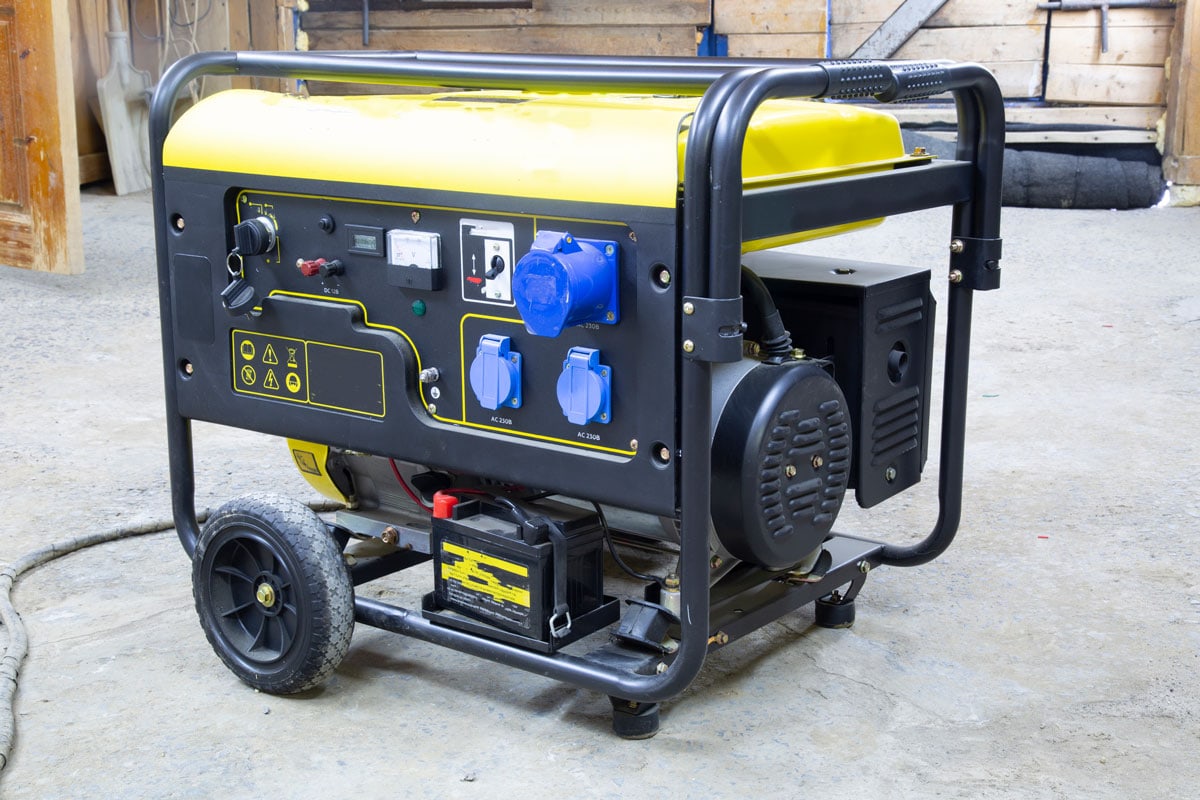
Having trouble recognizing whether your generator is suffering from overloading? Don't worry, as this section will help you understand the symptoms you need to be aware of when diagnosing an overloading generator are:
Overheating
This usually happens because the generator works harder than usual to meet the demand. The machine tries to overcompensate when the wattage exceeds the generator's load capacity.
What ends up happening is that the internal components of the generator start to heat up, causing the cooling fans to work harder as well. While insulation or internal blockages can also cause the generator to overheat, this is a symptom you must not overlook.
Soot In Exhaust
While it's normal for the black exhaust to come out when using a generator, the appearance of leftover soot inside the exhaust is a cause for concern. This usually means that something is clogging the internal system of the generator, or it's a sign of having bad filters. However, they all point to a problem within the generator. And usually, this is due to a defect arising from overloading the machine.
Too Much Noise
Another symptom that you can easily pick out from your generator is when it starts producing loud noises. This could come in the form of the fans working doubly hard or the system grunting as it tries to push through with more power than it's typically capable of.
These noises mean that the generator is working beyond its intended design. As such, the loud and weird noises you hear are the result of the machine's internal components trying to keep up and cool the system down.
Intermittent Power
Another symptom that generally shows itself due to overloading is the presence of intermittent power. This means that the connected appliances are not getting the correct amount of electricity for them to work.
This causes an unstable electricity output to flow into the connected devices, causing them to ruin. After all, these devices work under a stable amount of wattage. Electric fluctuations could cause their boards to short-circuit, leading them to break apart.
How To Prevent Overloading The Generator?
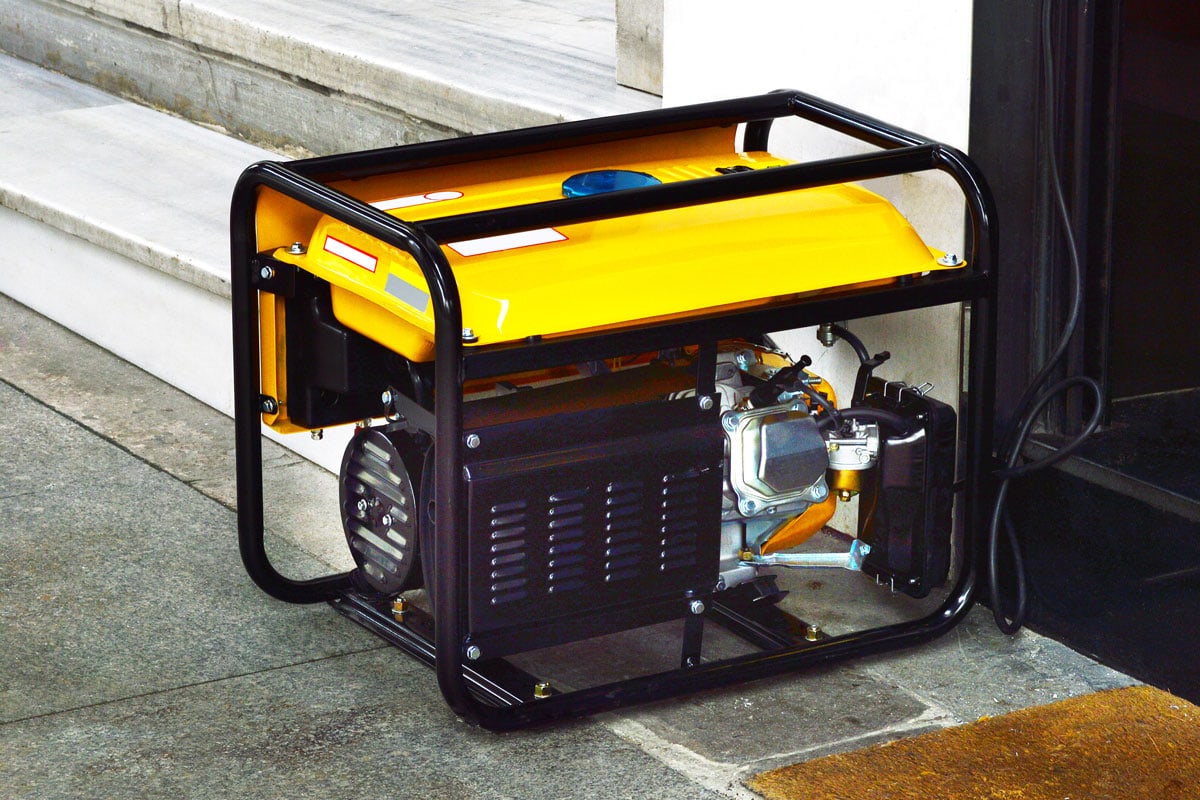
There are a few ways to prevent your generator from overloading. First, you need to understand the generator's load capacity at home. A lot of homeowners make the mistake of not checking what their generator is capable of. They often connect multiple devices to their generator without thinking about the consequences.
The same is true when connecting different appliances to the generator. You need to know how much electricity it takes to run each one. Simply connecting different appliances without being aware of their running wattage is a recipe for disaster.
Using a power monitor is an option if you want to be more technical and find out how much wattage your appliances require when hooked up to a generator. This device helps you determine and monitor how much an appliance runs on wattage.
Check this inverter generator on Amazon.
Does A Generator Have A Safety Feature That Prevents It From Overloading?
Nowadays, many modern generators come with circuit breakers to prevent them from overloading. When the system senses too much current flowing, the circuit breaker immediately activates and shuts the whole thing down.
However, for those generators that don't include a safety net to them, don't fret. Plenty of manufacturers are now creating microprocessor-based generator controls that will allow the generator to accurately sense whether there's an overload or not.
Check this generator on Amazon.
To Wrap Up
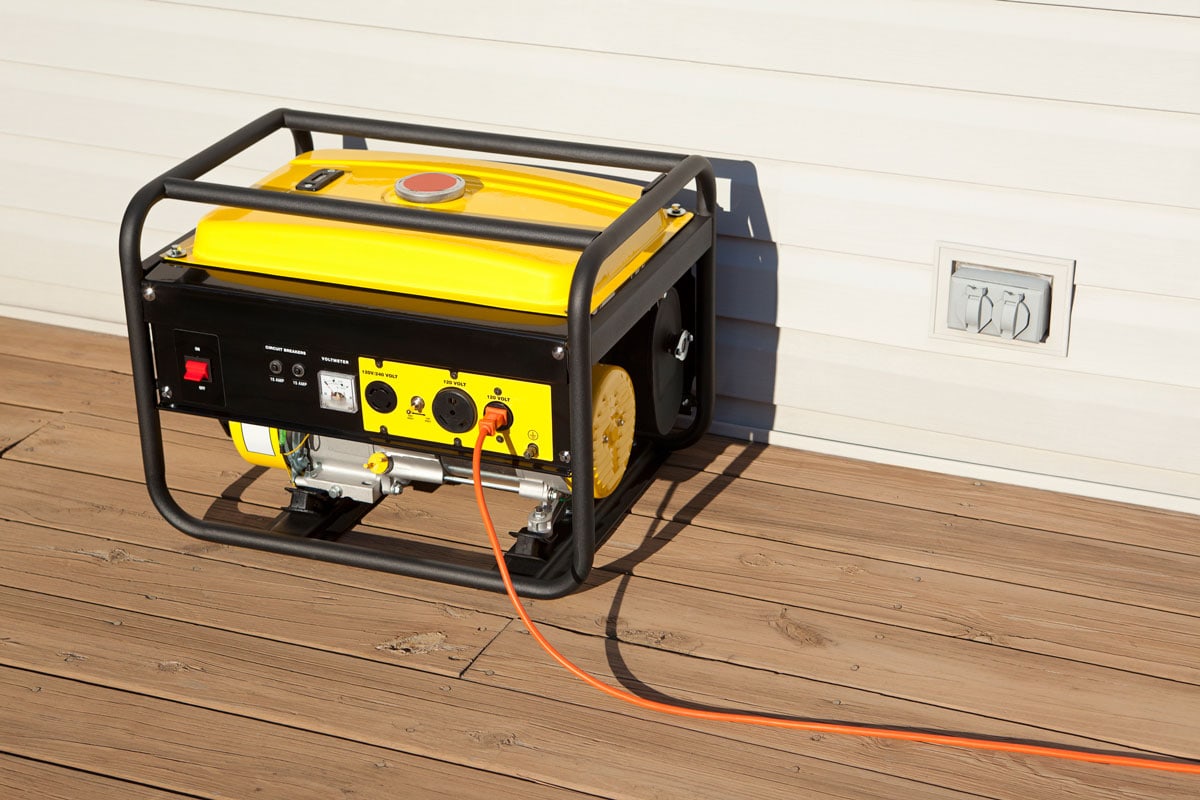
In short, the best thing you can do with an overloading generator is to turn it off first before disconnecting all the electrical appliances from it. Then, you check whether or not your generator is indeed overloading or if there's another problem on hand. Afterward, restart the generator and ensure that you're only reconnecting enough devices to it that its power output can handle.
Do you still have more questions about the generator you have at home? No need to fret, as the links provided below will help you figure out what problem you're dealing with:
Why Is My Generator Blowing Smoke? [Inc. White, Blue, & Black]


